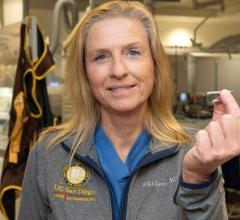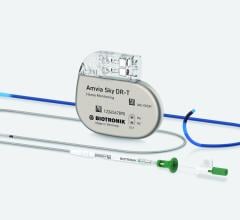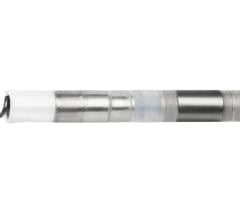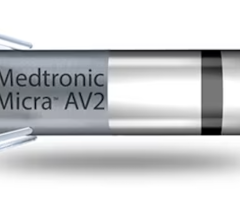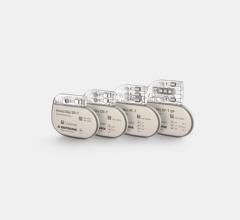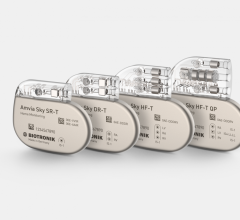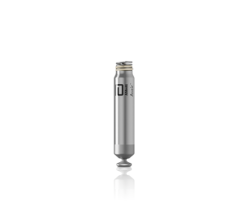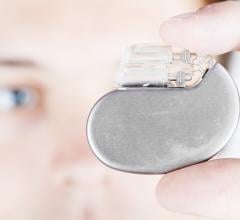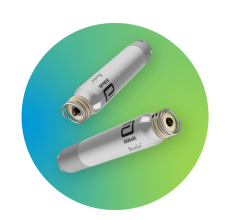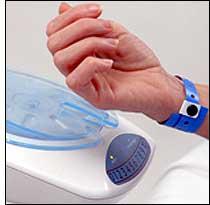
January 6, 2010 – The FDA, in collaboration with major implantable pacemaker and implantable cardioverter-defibrillator (ICD) manufacturers, demonstrated the effects of emissions from radio frequency identification (RFID) readers on common implantable cardiac devices. According to research published in the January edition of the HeartRhythm Journal, the effects may cause increasing complications as RFID use expands in the medical device field.
The study, which looked at the electromagnetic interference susceptibility of 15 pacemakers and 15 ICDs caused by exposure to 13 RFID readers, concluded that low frequency RFID readers may pose the greatest risk to pacemakers and ICDs. While modern pacemakers and ICDs use filters to minimize susceptibility to higher-frequency signals, there is limited filtering of low frequency signals due to the design constraints of both pacemakers and ICDs.
The in vitro testing concluded that low frequency RFID readers caused reactions in 67 percent of pacemaker and 47 percent of ICD tests. During tests at multiple separation distances between RFID reader and the implanted device, ranging from 2.5 to 60 cm, the RFID readers’ emissions creating the most interference were recorded at the shortest distance where the exposure is highest. The study indicates that for most practical exposure situations a minimum separation distance of 2.5 cm may not be possible; however, there are medical applications where 2.5 cm separation distance is feasible.
“We do not believe the current situation reveals an urgent public health risk,” said lead author Seth J. Seidman, research electrical engineer for the FDA’s Center for Devices of Radiological Health. “However, we are concerned that the continued proliferation of RFID without taking electromagnetic interference into consideration could cause clinically significant events for patients.”
Among the reactions from pacemakers and ICDs includes pacing inhibition, inappropriate pacing, noise reversion mode, changed pacing rates, inappropriate delivery of anti-tachycardia pacing, inappropriate high-voltage shocks and device programming change. Although in vitro testing demonstrated the potential for pacemaker and ICD interference, the FDA has not received any incident reports of electromagnetic interference caused by any RFID system.
Seidman said while clinical exposure to RFID readers is uncommon, advances in medical applications using RFID may lead to increased use in patient care. To mitigate pacemaker and ICD electromagnetic interference from RFID readers, implant manufacturers and the RFID industry must work to develop industry requirements and design future devices appropriately.
For more information: www.heartrhythmjournal.com


 May 02, 2025
May 02, 2025 
